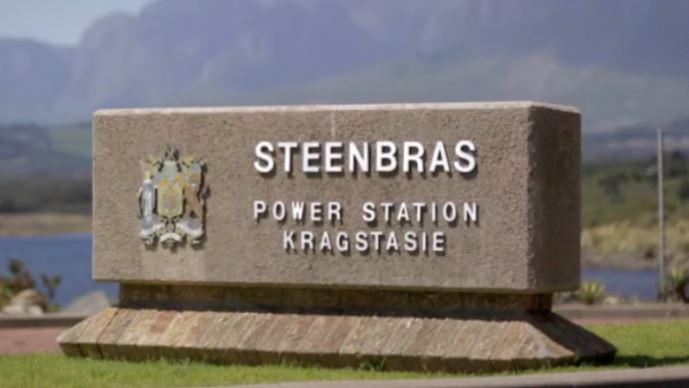City of Cape Town customers have been protected from more than 1 100 hours of Eskom’s 1 900 hours of load-shedding between February 2022 and September 2022.
- Where possible, the City has been able to protect its customers from up to two stages of load-shedding primarily through the management of the Steenbras Hydro Pumped Storage Scheme.
- City customers also enjoyed more than 230 hours of no load-shedding compared to the rest of the country.
- Importantly, all Capetonians have benefited from the City’s power generation management as it also protects critical City infrastructure used for service provision and protects the City’s electricity network.
- By Friday 7 October 2022, a new Eskom record for non-stop load-shedding was reached at 30 days.
Cape Town Mayor Geordin Hill-Lewis the City makes sure that the Steenbras plant is properly maintained and that there is investment in energy infrastructure.
“It is important for Capetonians to understand that when the City protects its customers from some of the impacts of load-shedding, it is also to the benefit of all as critical infrastructure and the City’s own electricity network are protected so that service delivery can continue. Over time, we will be able to end load-shedding as many of our projects that are currently under way, are implemented.”
Non-stop load-shedding
Hill-Lewis says the non-stop Eskom load-shedding, setting a record of 30 days straight last week, does have impacts on infrastructure.
“Much of our infrastructure, like household infrastructure, have not been designed to take non-stop load-shedding. This sometimes leads to load-shedding related outages due to the sheer pressure on the network from load-shedding. For instance, where we are able to switch some areas automatically and remotely, sometimes the impact of the non-stop load-shedding means we have to send teams to switch areas on manually which could affect response times. The City continues to enhance contingency measures.”
The City has also asked customers to switch off electrical appliances ahead of scheduled load-shedding to prevent secondary outages when the power comes back on.
This happens when an area’s power comes on and the system is overloaded due to the electrical demand coming on all at the same time. Switching off can prevent outages after scheduled load-shedding.
Power Heroes to mitigate impact of load-shedding
In another move to protect its customers from some of the impacts of load-shedding, the City recently issued a tender that will see customers rewarded for reducing their power usage at a given time so that City-supplied customers can be protected from the impacts of load-shedding. These Cape Town Power Heroes will be key in the City’s load-shedding protection efforts.
Ending load-shedding over time
The City also continues to build on its programme of ending load-shedding over time by focusing on energy diversification to enhance security of supply with the City’s own build projects, small-scale embedded generation programmes of buying excess power from qualifying customers, wheeling and independent power producer programmes.


